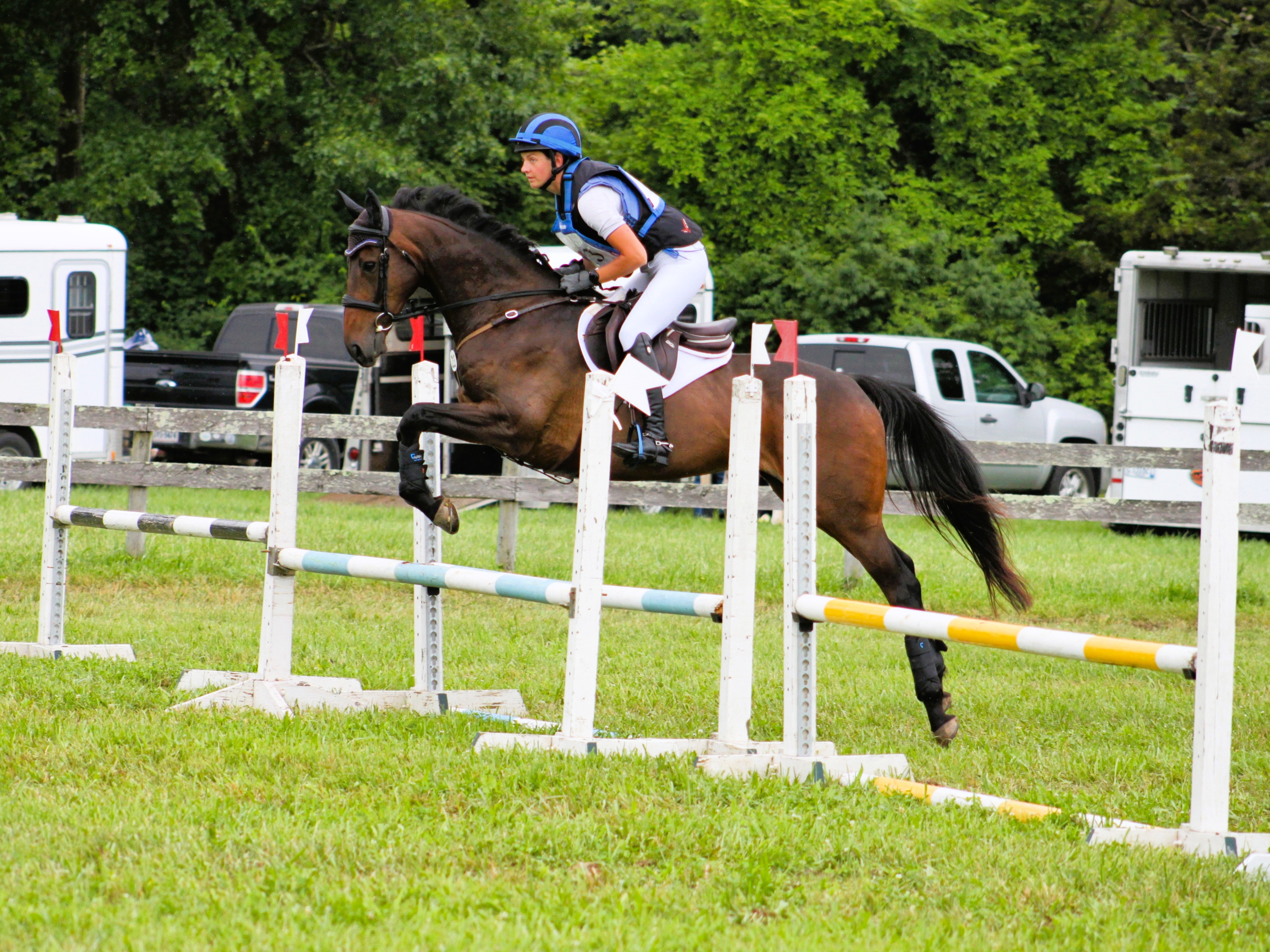
Shane Rose and Virgil. Photo by Tilly Berendt.
A groundbreaking study conducted by Hartpury University, EQuerry / Co, and Via Nova Training aims to understand how equestrians react to visual representations of horses in sport, and how these perceptions impact the sport’s Social Licence to Operate (SLO).
Understanding Perception Through Imagery
Since their introduction to the modern Olympic Games in 1900, horses have played an integral role in equestrian sport. As the only Olympic discipline that relies on a second athlete – the horse – the conversation around ethics, welfare, and public perception has never been more critical. With the Paris 2024 Olympics positioned as the “Olympics of Horse Welfare”, the study will explore how people perceive images of horses in Olympic sport, focusing specifically on equestrians’ responses.
Using a photo-elicitation approach, the study presents participants with randomly selected images from the Paris 2024 Olympic Games, spanning dressage, showjumping, and eventing. These include moments such as training, veterinary inspections, competition, and post-event interactions. Participants then anonymously share their thoughts and feelings, enabling researchers to analyse which images evoke positive, neutral, or negative perceptions, and the beliefs driving those reactions.
This study will help identify:
- What visual cues contribute to positive perceptions of horse sport?
- How do different groups of equestrians interpret the same images?
- What role does the media and social platforms play in shaping opinions?
Why This Matters
Understanding how imagery shapes perceptions within the equestrian community is essential to safeguarding the sport’s broader public image. This research is not about confirming what we already know — it’s about discovering what we don’t.
By moving beyond assumptions and revealing how riders, owners, and fans interpret visual cues around welfare and ethics, stakeholders will be better positioned to address concerns, develop effective communication strategies, and ensure equestrian disciplines remain trusted and ethically grounded Olympic sports.
Whether you’re a rider, a horse owner, a fan, or simply someone who watches equestrian events every four years, your opinion matters.
Want to take or share the study? Find it here.





















